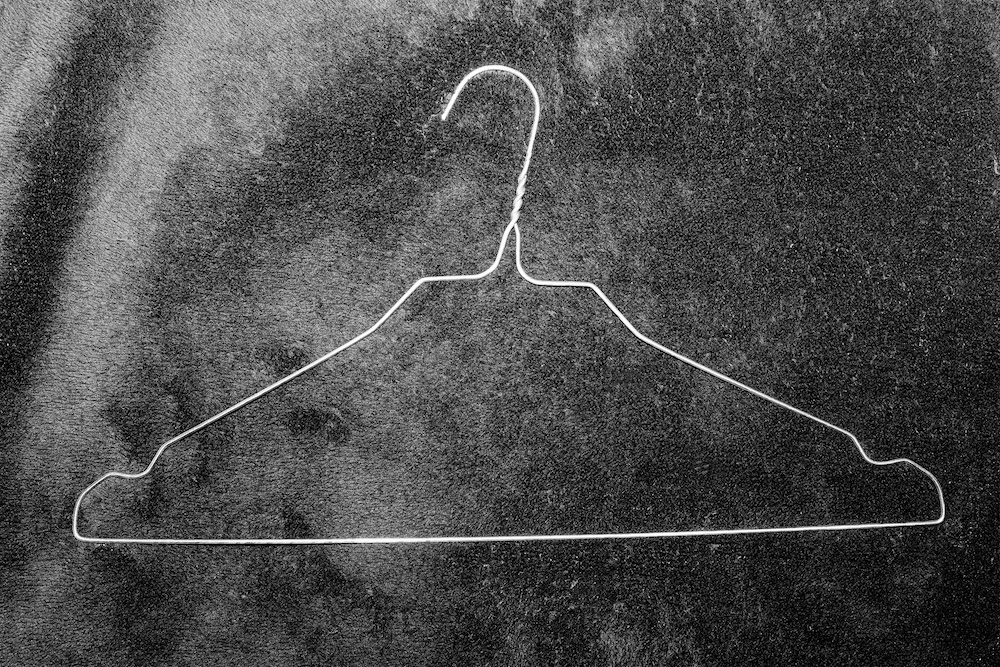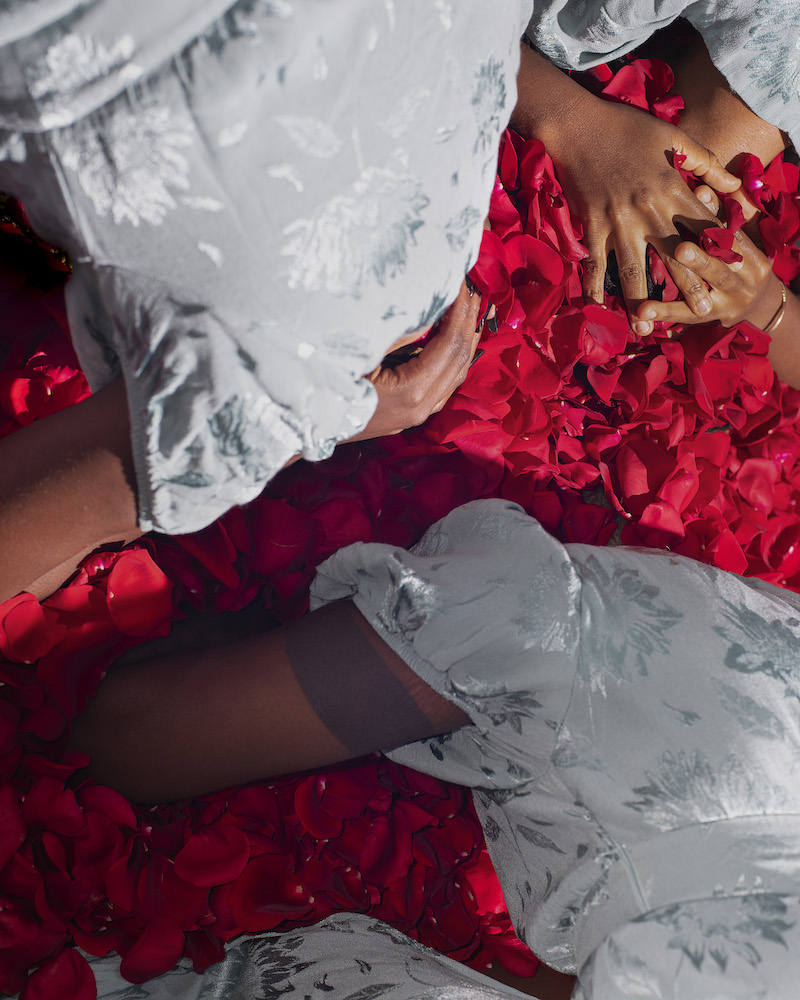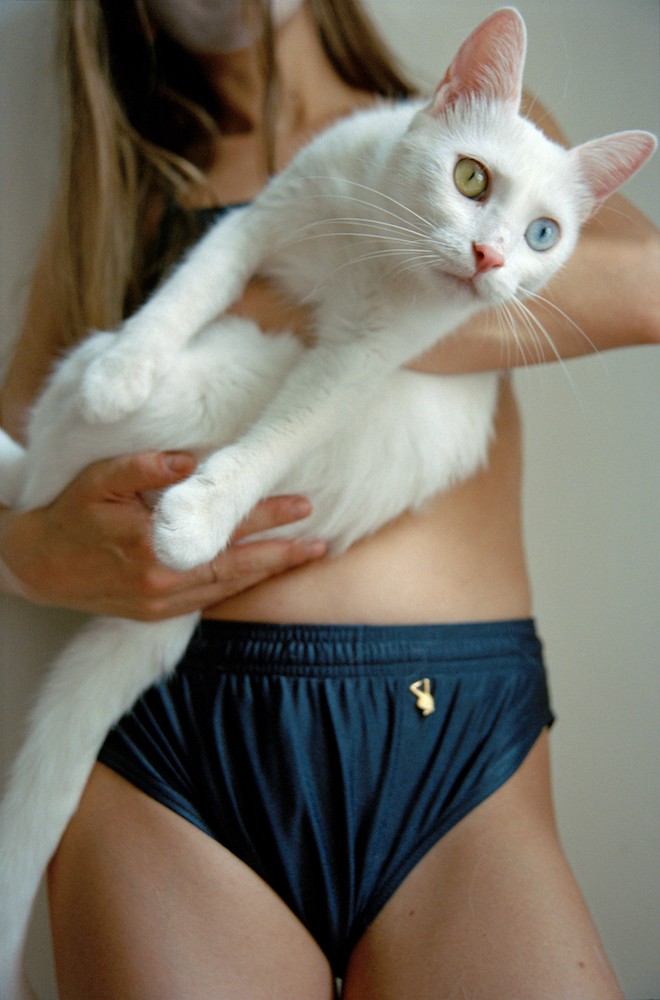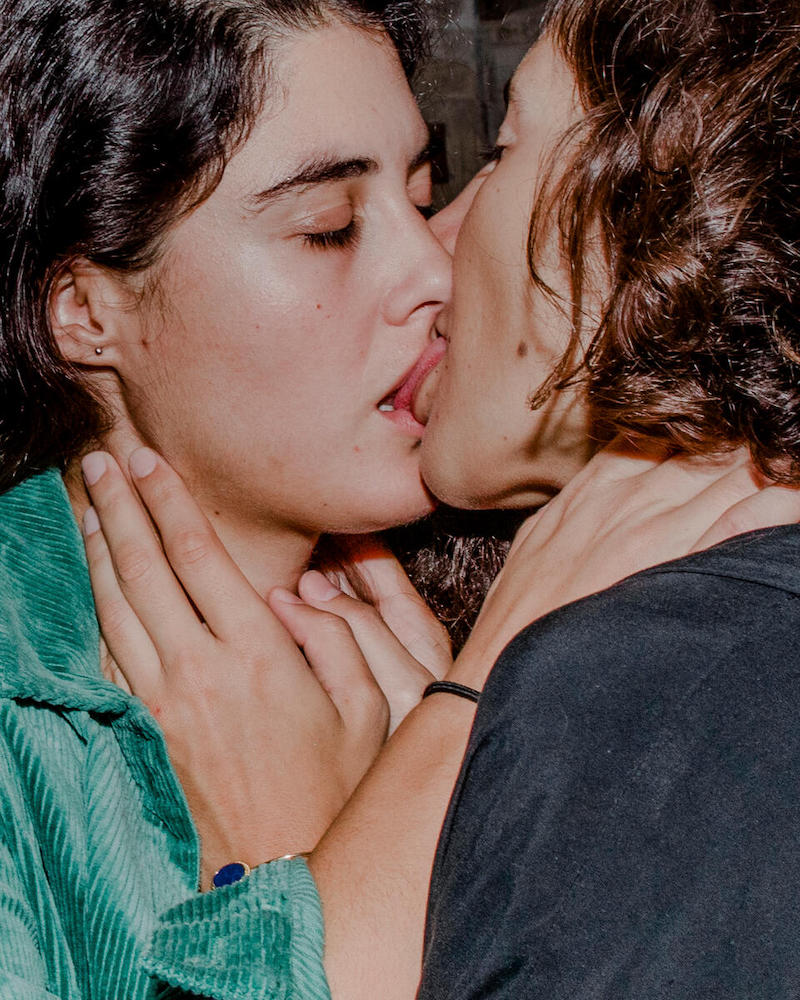Beirut, Lebanon, 2019 © Myriam Boulos/ Magnum Photos. Magnum Photos is showing in the main section at Paris Photo
As the Elles × Paris Photo initiative celebrates its first five years with a new publication, we speak to 2023 curator Fiona Rogers and look ahead to the array of fringe events taking place in Paris later this month
Paris Photo started in 1997, billed as the first international fair of its kind. In 2018, it started another new initiative in partnership with the French Ministry of Culture and Kering, titled Elles × Paris Photo. The project aims to highlight women in photography, with a different curator each year invited to select female image-makers from the fair. The artists are then included on a plotted ‘route’ through Paris Photo, and on a wider year-long programme.
Elles × Paris Photo continues at this year’s fair, which returns to the Grand Palais Éphémère from 09 to 12 November. The latest curator is Fiona Rogers, Parasol Foundation Curator of Women in Photography at the V&A in London. She has picked out contemporary artists from a new wave “looking at how you can decentralise white, male narratives by using your own experiences, creating a metaphor for wider political issues”. Selected image-makers include Hoda Afshar, Widline Cadet and Laia Abril, whose work speaks to the position of women, intersectional issues of race and class, and photography’s relationship with these power imbalances.

Rogers hopes to ensure that some of these artists are literally platformed at Paris Photo, inviting them onto the talks programme and foregrounding their voices rather than her own. The fair offers a rich array of panels and discussions, in fact, including cuttingedge image-makers and some of photography’s biggest names.
“The thing I find interesting about photography is that its history is fraught with these problematic periods. The camera has been used as this colonial instrument, but these artists are trying to reclaim it,” Rogers explains. “They are very informed and familiar with the histories of photography and how they have led us to where we are today, but they subvert that with their own experiences.”
In doing so, these artists align with tradition, she adds, particularly feminist art of the 1960s and 70s. But they do not necessarily define themselves as feminists, or only with feminism. “Post Black Lives Matter and also #MeToo, there’s been a reclamation of people’s identities,” Rogers says. “It feels like something changed in that period – and that’s something artists are trying to engage with.”
“Access to childcare, education – all those other aspects that create barriers – that’s where you’re going to need to see change to see that diversity”
It is interesting to consider how Elles × Paris Photo might have shifted since its inception, given that the #MeToo protests (and Women’s March) took place in 2017, and the major BLM protests in 2020. Racial justice movements have particular resonance in Paris this year, as the city and the rest of France comes to terms with widespread protests following the killing of Nahel M, a 17-year-old of Algerian heritage, at the hands of the police.
A new book of Elles × Paris Photo’s work to date will also be published this year, including texts by Rogers and the previous four programme curators: Federica Chiocchetti, Nathalie Herschdorfer, Karolina Ziębińska- Lewandowska and Fannie Escoulen.
Elles × Paris Photo has helped boost the number of women artists at the fair, which stood at around 30 per cent of all photographers in 2022, from a standing start of about 20 per cent in 2018. It is progress, though clearly there is a long way to go. Initiatives such as Elles × Paris Photo cannot solve the problem alone, Rogers says, with gender inequality bound up with access to power, money and opportunities across society. But, she adds, the work of these artists contributes to positive change. “You need visibility, people championing these things in order for the higher powers to pay attention to the structural shifts,” she says.
“I think about this, because I’ve even got ‘women in photography’ in my V&A job title,” she adds. “These things are still needed. Access to childcare, education – all those other aspects that create barriers – that’s where you’re going to need to see change to see that diversity. It’s not a case of saying, ‘Hey everything’s fine, we have these initiatives’, it’s about these initiatives trying to move the needle towards parity.”

Elsewhere at Paris Photo…
Elles × Paris Photo is part of a wider curatorial programme at the fair, now overseen by artistic director Anna Planas, a curator and gallerist who formerly worked with Magnum Photos for seven years. As in previous years, Paris Photo will include a Curiosa section dedicated to emerging artists and Planas has chosen image-makers such as Yelena Yemchuk, Felipe Romero Beltrán, Nhu Xuan Hua, and Ilanit Illouz, who are exploring “new forms of collaboration between art, life and activism”. A new section devoted to ‘photography in the digital era’, selected by specialist curator Nina Roehrs, includes galleries, platforms and artists who integrate digital practices. “This edition introduces new curatorial directions and pushes the boundaries of the medium,” notes Florence Bourgeois, director of Paris Photo. “We look forward to developing this dialogue between past and present and the prospects it offers for the future.”
Meanwhile, the main sector returns with more than 180 galleries and publishers from 26 countries, including solo outings from Samuel Fosso (presented by Christophe Person, Paris); Vasantha Yogananthan (The Photographers’ Gallery, London); and Tamas Dezsö (Einspach, Budapest). Elsewhere there is work by some of the biggest names in contemporary photography, including Victor Burgin (presented by Thomas Zander, Cologne); Zanele Muholi (Yancey Richardson, New York); Carrie Mae Weems (Fraenkel, San Francisco); and Frida Orupabo (Stevenson, Cape Town), all of whom have had major exhibitions at international institutions in the past year. Other big hitters include Magnum Photos, whose presentations include work made in Lebanon by Myriam Boulos.

The main section also features debut presentations from Jorge Mara–La Ruche and Vasari (both from Buenos Aires); and Tokyo’s PGI and Yumiko Chiba. Over at the book sector, new entries such as Puro Chile from Vitacura, Santiago, join a selection of 35 publishers from nine different countries. The fair also features books shortlisted for the Paris Photo- Aperture PhotoBook Awards, with the winners announced on 10 November.
Four emerging artists from the Carte Blanche student award will also be presented at Paris Photo, selected from a 20-person shortlist including Deacon Lui and his project on Hong Kong asylum seekers awaiting refugee status in the UK; and David Matecsa, whose series on immigrant identity has its roots in his own experience of leaving Hungary. Carte Blanche is open to anyone studying photography or visual arts in Europe, and typically attracts entries from across 100 schools. The award is organised with the Picto Foundation and SNCF Gares & Connexions, and the winners’ work will be presented in large format in one of Paris’ major train stations.

